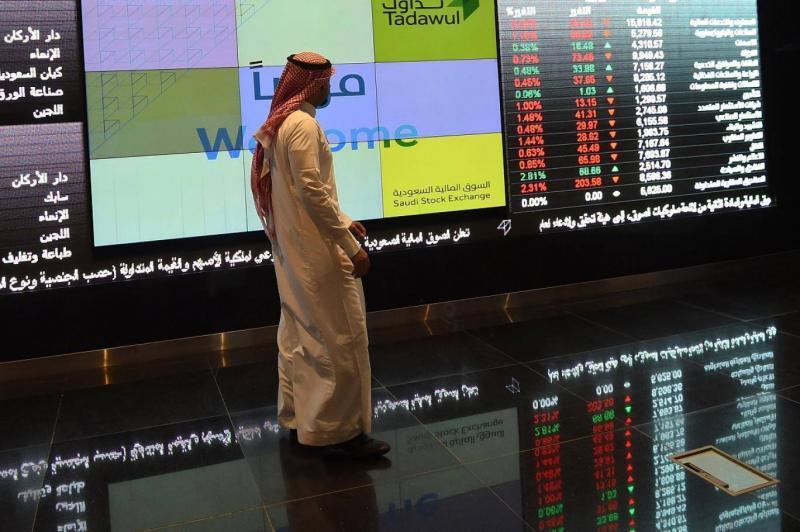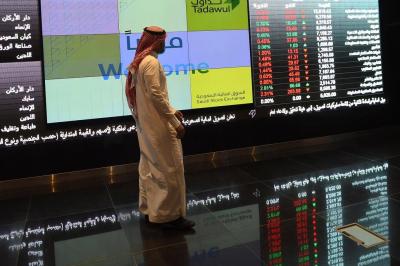The losses of Arab stock markets continued on Monday, coinciding with global market crashes amid fears of a potential recession in the U.S. Dubai Financial Market Index fell by approximately 4.27% to 4056.34 points at the start of trading on this first session of the week in the UAE markets. Meanwhile, the Abu Dhabi Financial Market Index decreased by 2.4% to 9067.86 points. The Qatar Stock Exchange Index dropped by 1.2% to 9937 points, while Kuwait's indices also declined, with the first market index down by 1.73% to 7564 points. The Bahrain Stock Exchange Index fell by more than 0.6%.
At the opening, the general index of the Saudi market "TASI" fell by 2.6% to 11444.9 points, amid a decline in the number of leading stocks, primarily Aramco. Outside the Gulf region, the main index of the Egyptian Stock Exchange "EGX 30" dropped by 2.34% to 27837.98 points.
The sharp decline in global markets led by Wall Street stocks last Friday cast a shadow on Asian stock exchanges on Monday, as the Japanese market halted trading twice, with its main index dropping by more than 10%. Global markets collapsed last week following U.S. job numbers and rising unemployment, sparking fears that the U.S. economy might enter a recession and that the Federal Reserve was delayed in intervening to support the economy since it has not lowered interest rates yet.
All Gulf and Egyptian indices closed lower on Sunday, amid additional pressure from the tension in the region following the assassination of Ismail Haniya, head of Hamas's political bureau, in the Iranian capital, Tehran. Haniya's assassination came the day after the killing of a senior military leader of Hezbollah in an Israeli airstrike in Beirut. Iran and its allies vowed to respond to the assassinations.




